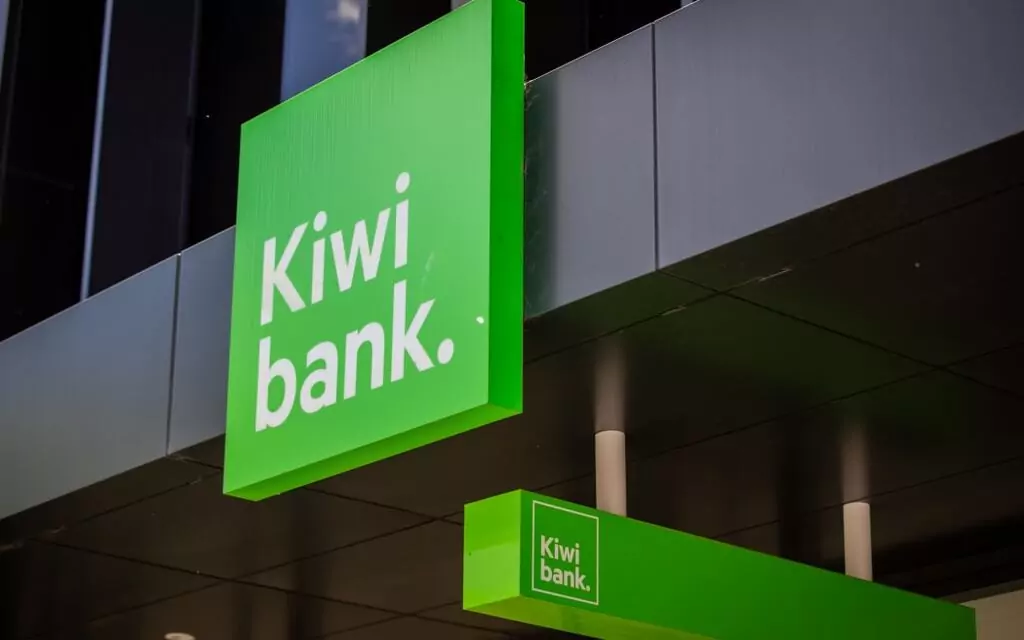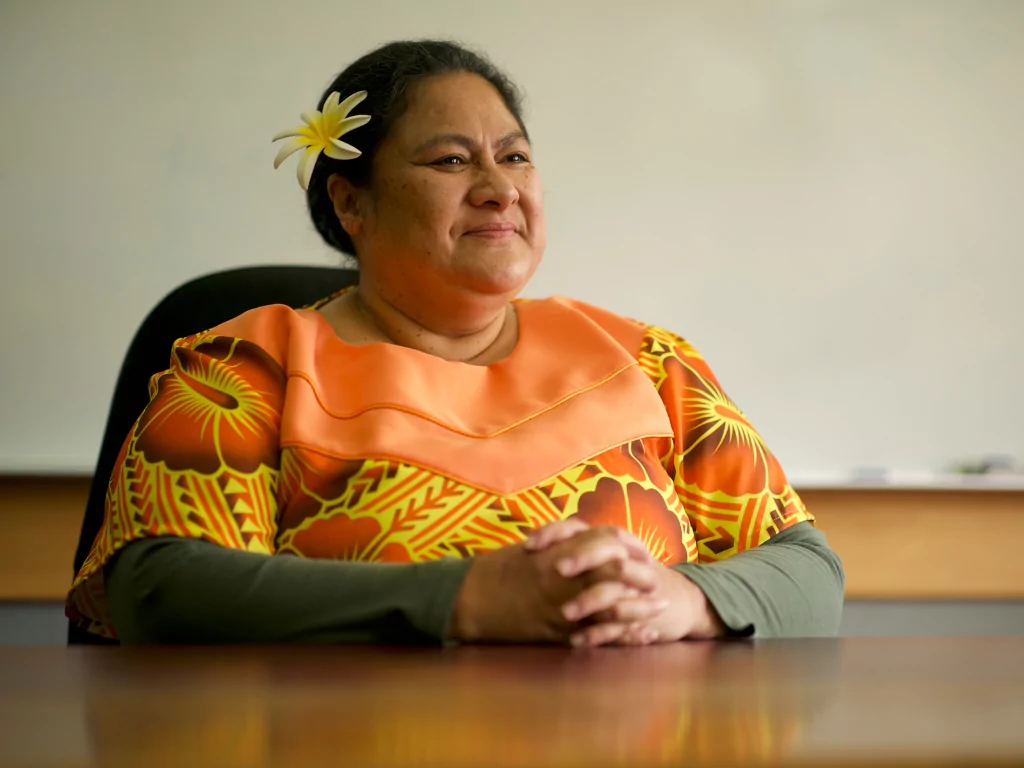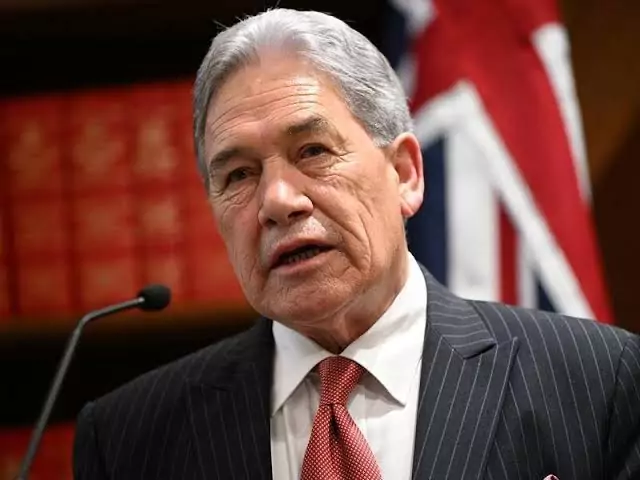E tū has criticised the Government’s decision to increase the minimum wage by less than the rate of inflation for the second consecutive year, calling it a “callous” move that will worsen in-work poverty.
Minister of Workplace Relations and Safety Brooke van Velden announced today that from April next year, the minimum wage will rise to $23.50 an hour — an increase of 35 cents, or 1.5%.
This falls short of the most recent annual Consumer Price Index (CPI) change of 2.2%.
The New Zealand Council of Trade Unions calculated that this increase would leave full-time minimum wage workers $1,206 worse off annually compared to if the minimum wage had kept pace with inflation.
The new minimum wage also remains significantly below the Living Wage of $27.80 for 2024/25, a gap of $4.30 per hour. For a full-time worker, this translates to $172 less per week, or $8,944 per year.
E tū Assistant National Secretary Annie Newman condemned the decision, saying it amounted to a pay cut for some of the most vulnerable workers.
“The Government has made another callous decision which will make in-work poverty even worse in Aotearoa,” Newman said.
“This is effectively a pay cut for the most vulnerable and lowest-paid people in the workforce. Costs continue to rise across the board, with housing, food, transport, energy, and other essentials becoming even less affordable.”
Newman said workers were already burdened with rising costs imposed by the Government, including ACC levy increases, the return of prescription fees, and cuts to public transport subsidies.
“The Government seems hell-bent on making life hardest for those who need the most support,” she said.
Newman reiterated E tū’s support for the Living Wage, saying it was essential to helping workers make ends meet.
“The difference the Living Wage makes for workers is life-changing. When our members win the Living Wage, they’re in a much better position to meet their needs. Many report being able to reduce their very long hours, allowing them to spend decent time with their families.
“Increasing wages is the best way to reduce in-work poverty. The Government should be lifting the minimum wage above the rate of inflation to bridge the gap between the minimum wage and the Living Wage.”
Instead, she said, the Government’s decision to raise the minimum wage below inflation amounted to a real-term pay cut for low-wage workers.
“It’s a decision to exacerbate the cost-of-living crisis for those it hits hardest. As Aotearoa’s workers finish 2024 and look ahead to the new year, those who earn the least are finding out today the Government has chosen to make life even harder for them in 2025. It’s frankly outrageous.”
Safety Minister Brooke van Velden said the minimum wage increase meets the NZ First-National coalition commitment to moderate increases to the minimum wage every year.
“The New Zealand economy is still recovering from a sustained period of high interest rates and recessionary conditions. In that context, delivering a modest increase in the minimum wage strikes the right balance between supporting workers and limiting further costs on business.”
“Supporting the Government’s objective to reduce the number of people on the Jobseeker Support benefit was also a priority. To do this, we need to ensure employers and businesses can continue to grow and provide employment opportunities – which could be put at risk with a disproportionate increase in the minimum wage.
“Young people are more likely than other demographic groups to be earning the minimum wage, and it is important to ensure they are not locked out of jobs as the minimum wage rises. The experience and life skills that young workers can gain in these minimum wage jobs can set them up for greater future prosperity and success” van Velden said.
“The past three minimum wage announcements have been made in February of the year the increase came into force, leaving businesses only two months to prepare for the change. I am pleased to make this announcement prior to Christmas, to give employers the time needed to make any necessary changes to payroll systems.”
The starting-out and training minimum wage rates will be set at $18.80, to remain at 80 per cent of the adult minimum wage.









